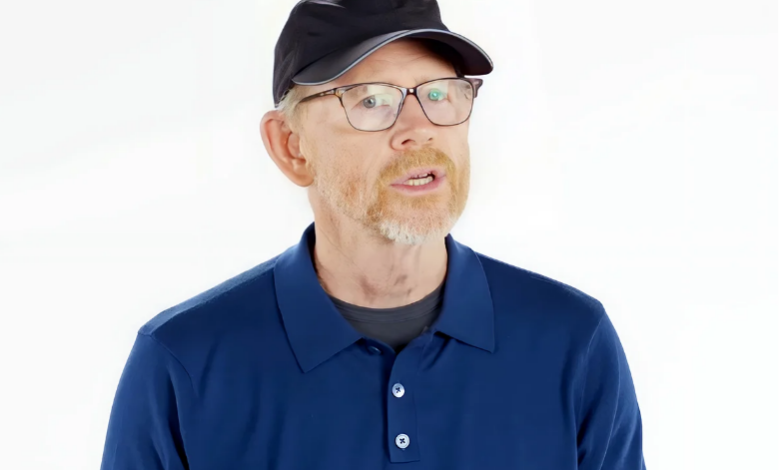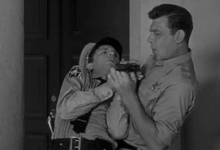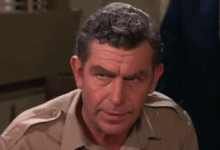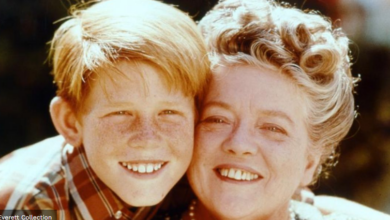The movie Ron Howard made to shed his ‘Mr Nice Guy’ image: “I’ve never tackled anything like this”

Ron Howard has been saddled with a sunny reputation since he was a child starring as Andy Griffith’s plucky young son Opie in The Andy Griffith Show and later as a wholesome adolescent in the sitcom Happy Days. When he moved on to directing as an adult, he stayed in a similarly lighthearted lane, with his first feature being the teenage crime caper Grand Theft Auto in 1977.
Since then, he’s largely stuck to movies that demonstrate a deep, often sappy, and some might say misplaced faith in humanity. Apollo 13, A Beautiful Mind, and 13 Lives all focus on courage and the triumph of decency. In the process, he’s won ‘Best Picture’ and ‘Best Director’ at the Oscars for A Beautiful Mind, and earned two other nominations for Frost/Nixon.
But Howard has insisted that he isn’t just a sentimentalist. In a 1996 interview with The New York Times, he tried to separate himself from his reputation. “I know people say I make optimistic films,” he said, “Well, I am an optimist, but at age 42, you begin to see things in more complicated ways. You get older, and sometimes it’s a chore to hang on to your optimism.”
For this reason, he was ready to jump into darker material. His 1996 thriller Ransom follows Mel Gibson as a father who takes matters into his own hands when his son is kidnapped and held for ransom. In a foreshadowing of Liam Neeson’s turn in Taken, things get ugly.
His friend and producing partner Brian Grazer had approached him about the project, and at first, Howard thought it was too dark. “Brian mentioned it to me after somebody had said to him, ‘There’s a really interesting script by Richard Price, but it’s probably not Ron’s cup of tea,’” Howard recounted. After he read it, however, he’d changed his mind. After putting down the screenplay, the director remembered thinking, “Wait a minute, this has all these great twists and turns. I’ve never tackled anything like this, and it would be sort of a test, an interesting directorial challenge.”
He emphasised that it wasn’t just a publicity stunt either: “I don’t need to prove something to show I could do it,” he insisted. “I didn’t think it was: ‘Hey, look at me. I got a three-day growth of beard now and I’m smoking Camels unfiltered.’ I don’t need to be tough,” But he added: “I know it is new for me, and some people will be surprised. That’s O.K.”
It might have been an interesting exercise for a director so deeply entrenched in optimism and good faith, but it hasn’t gone down in history as one of his most successful films. Still, it was a hit at the box office, earning $309million off a $70million budget.
Thanks to Mel Gibson’s presence in the film, it’s only become darker with time as the once-lauded star has become something of a pariah within the industry for his racist language and accusations of domestic violence. Given Howard’s reputation as a relentlessly positive director, he needed Gibson’s darkness in order to pull off the tone of the film, and it’s still a chilling thriller even if it doesn’t reach the level of grittiness that Taken found several years later.


